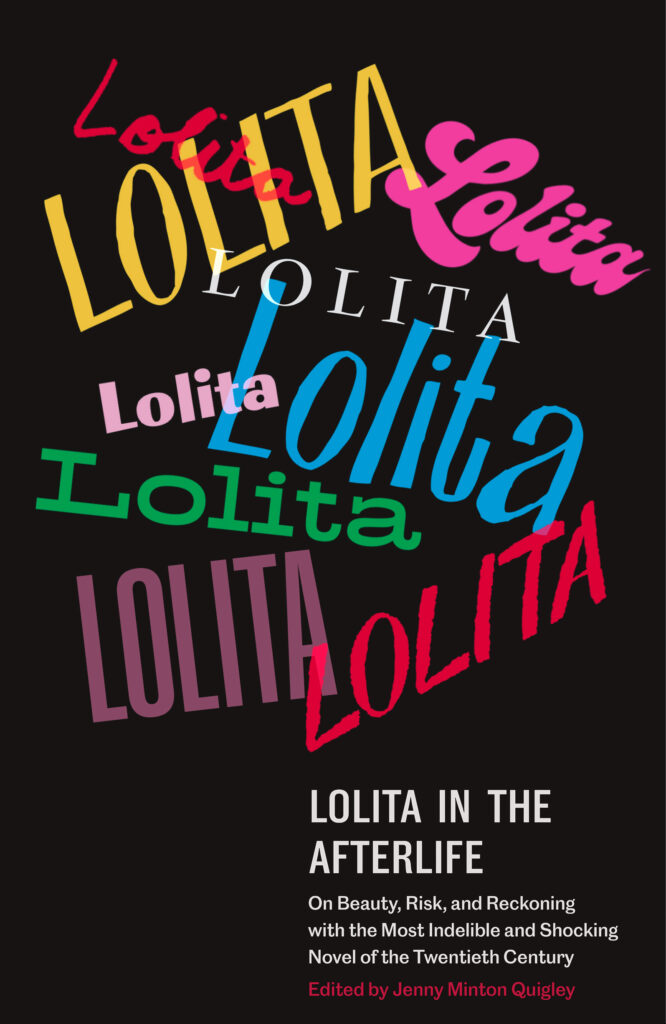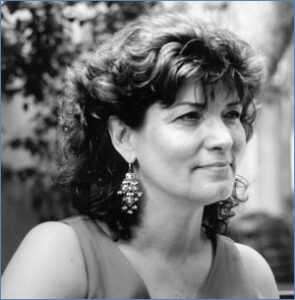Amherst’s annual literary festival celebrates the College’s extraordinary literary life by inviting distinguished authors and editors to share and discuss the pleasures and challenges of verbal expression—from fiction and nonfiction to poetry and spoken-word performance. This year’s LitFest was held virtually, with authors, poets, and literature lovers joining from all around the world.
The Common’s Editor in Chief Jennifer Acker hosted two readings at LitFest: one with The Common’s student interns, and one with Amherst College alumni authors. Both events were recorded and can be watched below. Watch video recordings of all the events, readings, and discussions at LitFest ’21 here.
LitFest ’21 Readings by The Common’s Literary Publishing Interns
Student interns at The Common read short excerpts from their writing. Readers are:
Isabel Meyers ’20 (former intern, current Literary Editorial Fellow)
Elly Hong ’21 (Thomas E. Wood ’61 Fellow)
Whitney Bruno ’21
Sofia Belimova ’22
Eliza Brewer ’22
Olive Amdur ’23
LitFest ’21 Amherst College Alumni Authors Reading
Amherst College alumni read short excerpts from their recent work, and answer questions. Readers are:
Calvin Baker ’94
Chris Bohjalian ’82
Dan Chiasson ’93
Edward A. Farmer ’05
Michael Gorra ’79
Kirun Kapur ’97
Elizabeth Chiles Shelburne ’01
Ismée Williams ’95














 This interview is the sixth in a new series, Writers on Writing, which focuses on craft and process. The series is part of The Common’s 10th anniversary celebration.
This interview is the sixth in a new series, Writers on Writing, which focuses on craft and process. The series is part of The Common’s 10th anniversary celebration. Frances Richey
Frances Richey
